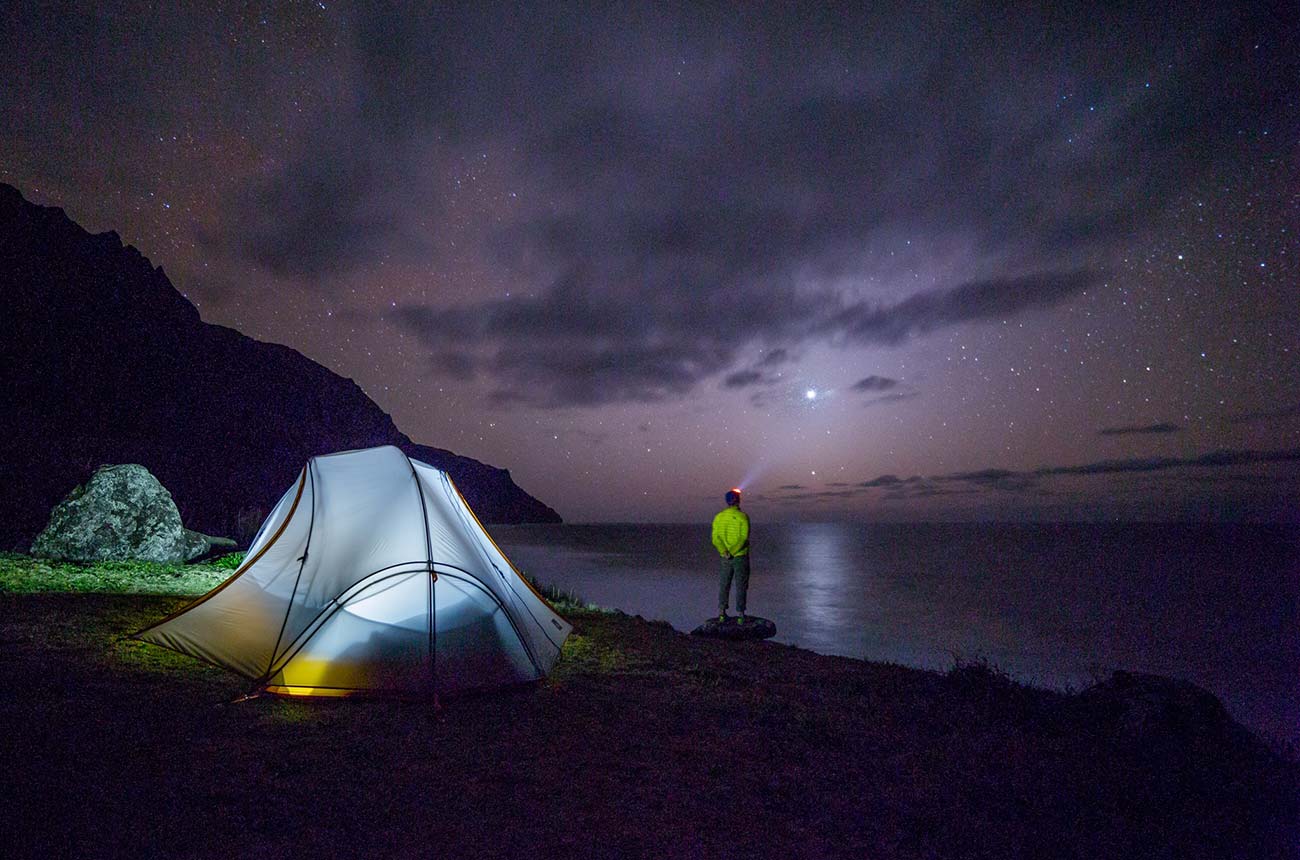
Scholarship Announcement
Maria Ines Manchego is the first recipient of the Jane Campion CineFem scholarship.
You will remember this announcement from the NZ Film Commission that was made earlier this year:
The Annual Scholarship programme for women was launched in 2015 and aims to make a difference through direct action. It was suggested by acclaimed New Zealand screenwriter, producer, and director Jane Campion.
The programme will offer scholarships across different disciplines in the screen industry where female participation is low. We will consult with the guilds and the industry to determine which roles need scholarship support.
The scholarship programme will be flexible and evolve with the requirements of the industry.
We are pleased to announce the inaugural scholarship is the JC CineFem Scholarship for women aspiring to a career as a cinematographer.
Well, here’s the announcement of the first recipient. Great Choice. This is a fantastic and forward-looking initiative by all involved.
The New Zealand Film Commission (NZFC) is pleased to announce Maria Ines Manchego as the recipient of the JC CineFem Scholarship. Announced in April in conjunction with the NZFC’s new gender policy, the JC CineFem Scholarship is the first annual scholarship for a female screen practitioner. Supported by Jane Campion, the scholarship is for a female cinematographer.
Twenty-five applications for the scholarship were received and a shortlist of eight was selected by a panel of experienced cinematographers: Ginny Loane, Mairi Gunn, and Richard Bluck. The decision to recommend Manchego for the scholarship was unanimous.
Manchego was the cinematographer on two films by Florian Habicht, Love Story and Pulp: A Film About Life, Death and Supermarkets.
“The scholarship was initially designed to be a year-long mentorship with the recipient’s cinematographer of choice,” says Professional Development Executive, Bonnie Slater. “But during the interview process, Maria mentioned she was one year into the prestigious two-year Masters in Cinematography programme at the American Film Institute. She was about to withdraw from the second year due to the fees and the panel was interested in exploring whether the scholarship would be better used to contribute to Maria continuing the AFI course.
“Both Jane Campion and the panel felt that completing this programme would allow Maria numerous opportunities to work alongside high-calibre mentors, create an extensive portfolio and achieve an internationally recognized qualification.”
While this is a departure from what was initially proposed, all parties agree this is the best way to support Manchego’s career and, in a step which largely fulfils the original criteria, Campion has offered Manchego an intern role on an upcoming production to further extend her experience. As the timing of this will need to work around Manchego’s studies, details are yet to be confirmed.
A new scholarship will be introduced next year and will focus on a different area of the industry where female participation is low. Feedback from industry guilds will be taken into consideration when deciding on future scholarship positions.



































